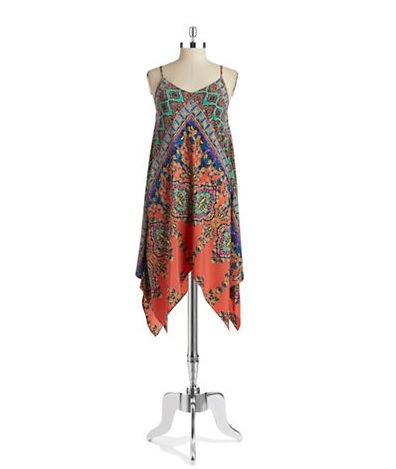
I have the pleasure of speaking at Content Marketing World next month, in part, about the FTC rules that apply to advertising.
Disclose, Disclose, Disclose
The key to complying with the FTC rules for native advertising it to always disclose when you have a relationship with a company. That includes when you get a product for free, when you have a personal relationship with an officer of the company, and when you use affiliate links. In all of these situations, regardless of the platform, you have disclose when you are compensated for sharing an opinion or have a reason to be biased.
These rules even apply on social media platforms, including Instagram and Twitter. Usually using the hashtag “#ad” is sufficient to comply with the rules. The purpose of the rule is to let the reader know about your potential bias before they form an opinion about the product or your review.
The fine for violating these rules are harsh – up to $16,000 per violation under the current rules.

I have a goal of finding a way to climb this thing.
So Easy to Forget
These rules are simple to follow, and it’s also super easy to forget to remember to include the proper notice in a post. I had first-hand experience with this over the last few weeks.
My colleague and I teamed up with Barbri to study for the California Bar Exam. They gave me my study course for free (I split the cost of my colleague’s course with him) in exchange for writing a weekly post about what it’s like to study for a bar exam while practicing law. We did 11 weekly posts, and I’ll write one more when we get our results this fall.
Early in each post, I repeated verbiage that disclosed our relationship with Barbri – that was easy enough. Where I had trouble was remembering to include “#ad” on every social media post. It’s easy to forget to remember to include those three characters. There were many mornings where I had to edit my posts or delete and re-do tweets to add in “#ad.”
I recently learned I’m not alone. According to research, 37% of publishers do not adhere to the FTC rules for labeling the material as sponsored. I’m curious to see if the FTC is investigating or fining content creators who don’t follow the disclosure rules.
I’m super excited to talk about the FTC rules and how to write effective contracts for content creators at Content Marketing World. It’s one of my favorite events on online advertising. I’m just as ecstatic about speaking as I am about learning from my fellow presenters.
I’m constantly doing work related to internet law, so if you want to keep up with what I’m doing or if you need help, you can contact me directly or connect with me on Twitter, Facebook, YouTube, or LinkedIn. You can also get access to more exclusive content that is available only to people on my mailing list, by subscribing here.



